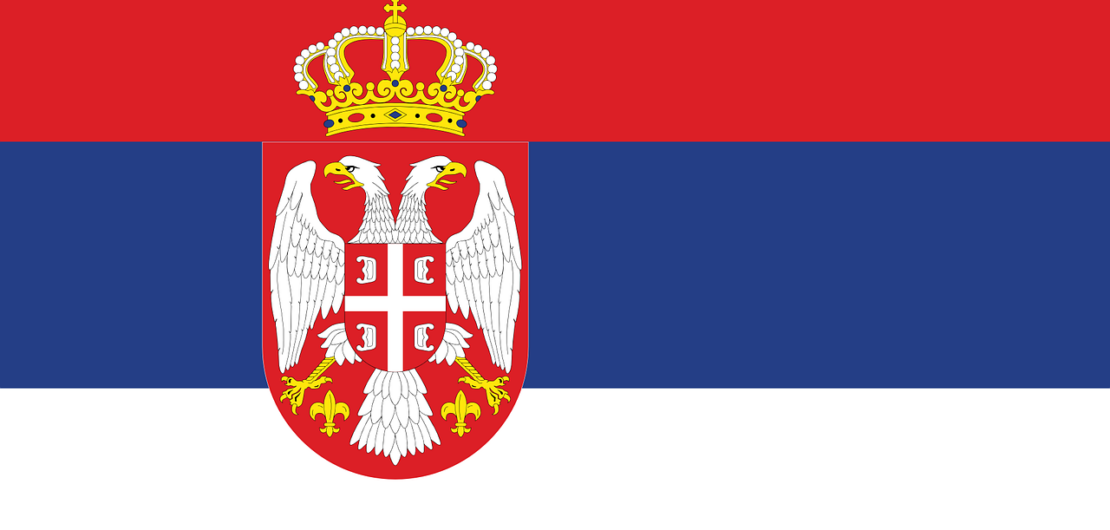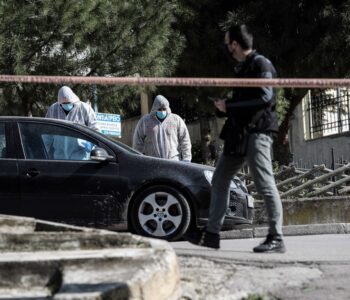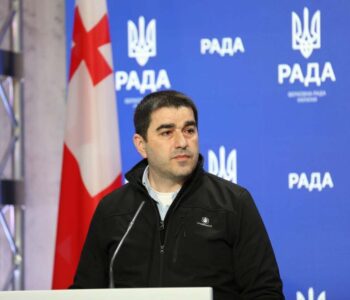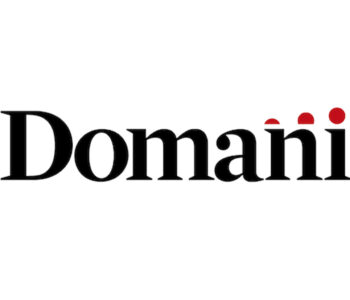 Library
Library
Serbia: MFRR partners demand Belgrade court set Belarusian journalist…
Serbia: MFRR partners demand Belgrade court set Belarusian journalist free
Andrey Gniot at risk of deportation under politically motivated charges
The undersigned partner organizations of the Media Freedom Rapid Response (MFRR) demand the immediate release of Andrey Gniot, a Belarusian journalist and pro-democracy activist who is being held in custody by Serbian authorities on politically motivated charges formulated by the regime of Alexander Lukashenko. Since October, Serbian courts have been deliberating upon a request to deport Gniot to Belarus.
According to the Belarusian Association of Journalists (BAJ), an independent trade union in exile, Gniot was arrested immediately upon his arrival to Serbia on October 30. He was detained based on an international arrest warrant issued by Interpol upon request by authorities in Belarus on alleged tax evasion charges. After a first appeal, the High Court of Belgrade is currently deliberating on whether the conditions for Gniot’s extradition to Belarus have been met.
The journalist first left his home country in 2021 after receiving “signals” that authorities were aware of his activism, which he had not made public out of fear of reprisal, according to reports by independent Belarusian media. After first moving to Thailand, the journalist flew for work to Serbia, a country which remains a major hub for exiled Belarusians and Russians, as it is one of the few in Europe which they can enter without a visa. He was unaware that an international arrest warrant had been issued against him.
Activism and journalistic activity in Belarus
Gniot is mainly known for his activities as a director of music and TV commercials, as well as a journalist and political activist. He is one of the founders of SOS BY, an independent union of Belarusian sportspeople, which reportedly contributed to the canceling of the 2021 Hockey World Cup in Belarus. The decision was made months before the event and was motivated in part by ongoing human rights abuses perpetrated by authorities in the wake of the 2020-21 mass protest movement against Lukashenko. SOS BY was later designated as an “extremist formation” by the Belarusian KGB, which made it possible to sentence its members to lengthy prison terms. In addition, Gniot’s decision to leave Belarus was due in part to his contributions for Prague-based broadcaster RFE/RL, as he was concerned about the risk of arbitrary detention in retaliation for his journalistic work.
While Gniot is formally accused of tax evasion, he claims that he was never notified of these charges throughout the years during which he would have violated Belarusian tax laws. Tax evasion, as well as other charges, were also earlier used to incriminate Maryna Zolatava and Lyudmila Chekina, respectively the editor-in-chief and director general of Tut.by. The website used to be Belarus’ most popular independent online outlet before its forced closure by authorities in 2021.
In addition, Gniot’s lawyers reported that authorities in Minsk accused him based on a law adopted in 2019, while the charges are related to Gniot’s activities between 2012 and 2018.
Risk of political persecution in Belarus
Belarus remains Europe’s biggest jailer of journalists, with 36 media workers currently behind bars according to BAJ. The country of nine million also has the highest rate of imprisoned journalists per capita in the world.
Independent media are in practice fully banned at the national level, and independent journalists have been forced to go into exile, as staying in Belarus exposed them to inevitable repression due to current and past activities.
Since 2020, authorities have labelled thousands of media outlets, website pages, social media accounts and other online content as various forms of “extremism”: as a result, journalists and readers alike face fines and prison terms for any interactions, current or past, with independent outlets designated as such. Security forces are known for regular detentions of Belarusian journalists and independent media consumers for past activities, with the first group receiving prison or other sentences restricting their liberty, while the second are typically forced to record videos “confessing” their “extremism” before serving short-term prison terms (typically up to 15 days).
Given the likelihood of politically motivated repression in Belarus, we urge the High Court of Belgrade, which is currently handling Gniot’s case, to pronounce a decision in favour of his immediate release, as well as for competent authorities in Serbia to not appeal such a decision.
Serbian authorities should take into account the unimaginable scale of repression of independent media in Belarus, and the fact that Belarusian authorities have weaponized tax evasion charges to take revenge on a journalist for his past successful activism against human rights abuses. Gniot’s deportation to Belarus would expose him to arbitrary detention and imprisonment, as well as inhumane treatment and torture while in custody.
Andrey must be set free and allowed to continue his professional activities in the country of his choice.
This statement was coordinated by the Media Freedom Rapid Response (MFRR), a Europe-wide mechanism which tracks, monitors and responds to violations of press and media freedom in EU Member States and Candidate Countries.










